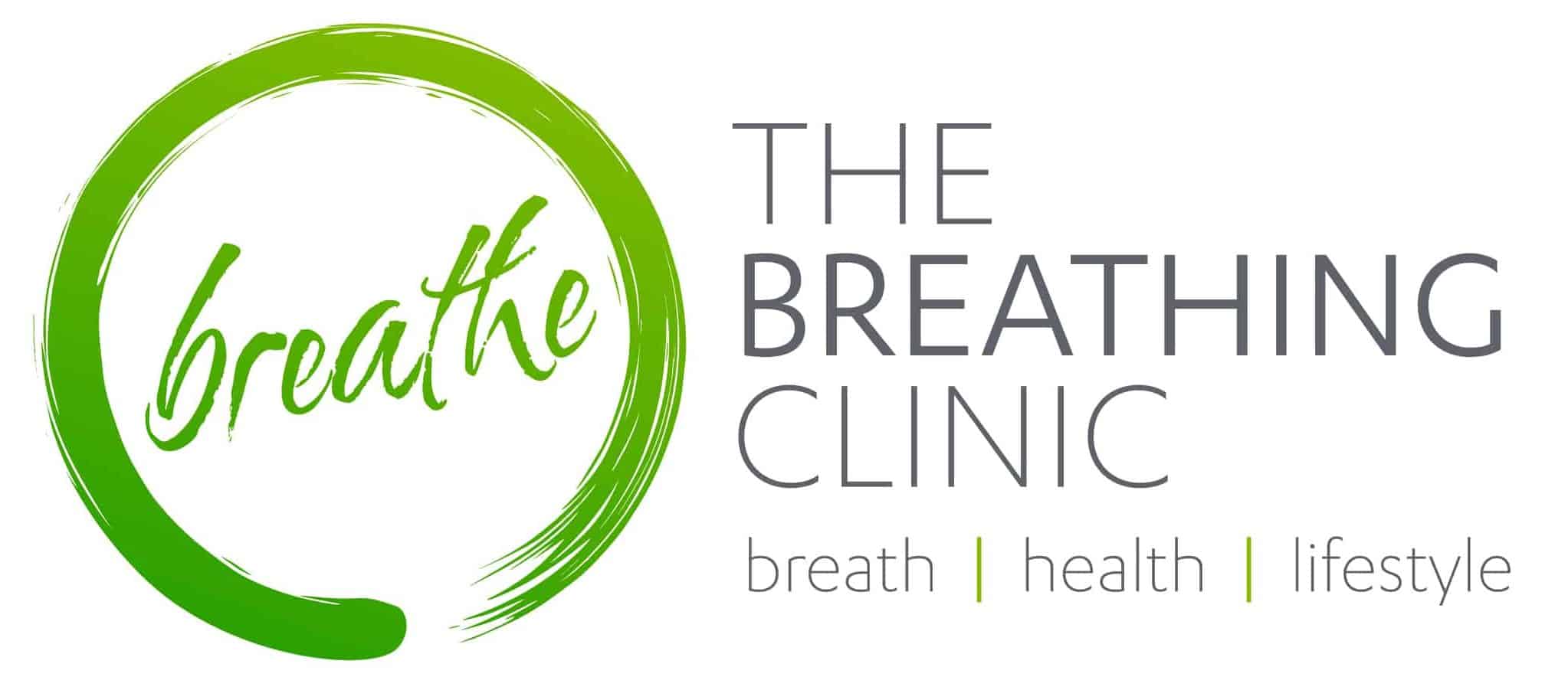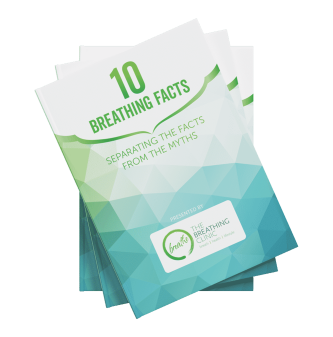Breathing is a fundamental part of human existence, yet it is often overlooked in the realm of health and wellness. However, for some individuals, breathing can be a significant source of health problems. This is where breathing retraining comes in, and Breathing Educator and Buteyko Practitioner, Nicky Mcleod, is one of the few specialists in New Zealand who offers this type of training.
Nicky first became interested in breathing retraining when she was researching breathing and snoring for her husband and asthma for her son. At the time, Nicky had epilepsy, but she did not realize that she also had a significant breathing problem. She found that the signs were very subtle, and unfortunately, not many health professionals are trained to pick them up.
Nicky completed her training in 2016, became certified with the Buteyko Institute of Breathing and Health (BIBH), and then started The Breathing Clinic in Nelson. The clinic offers breathing assessments and courses for groups and individuals, both in-clinic and online, throughout New Zealand and internationally.
Breathing retraining turned Nicky’s world upside down and led to significant health improvements for her family. Nicky’s epilepsy ended after 13 years of medication, her husband stopped severe snoring, and her son became free of asthma symptoms, such as shortness of breath, and no longer needed to use a Ventolin inhaler. Through her training, Nicky learned many surprising things about breathing, including:
- The more you breathe, the less oxygen you get.
- Breathing too much can make you sick, just like eating too much can.
- The belief that deep breathing is good for you is a modern health disaster.
- Everything that has ever happened to you is reflected in how you breathe.
- There are three gases of respiration – carbon dioxide, nitric oxide, and oxygen, and they must be in balance.
- When carbon dioxide becomes too low in your lungs, it causes spasm in the smooth muscle around your airways.
- Poor breathing habits can cause excessive mucus production, inflammation, and smooth muscle spasm in your airways leading to wheezing, coughing, and shortness of breath.
- It’s possible to see your breathing pattern on-screen using capnography and learn how it compares to normal.
- There is a simple breath hold test that you can do to see if you have healthy breathing. Click here to take the test >
Breathing has a powerful and immediate effect on your body and how it works, influencing blood flow to your organs, including your brain and gut, the diameter of your airways, the production of mucus, the state of your nervous and immune systems, the quality of your sleep, the health of your mouth and even your facial growth. This explains why learning how to improve your breathing may be one of the most effective natural health interventions available.
Breathing retraining is particularly helpful for those with asthma, hay fever, COPD, nasal congestion, chronic cough, snoring, sleep apnoea, anxiety, panic attacks, impaired sporting performance, and trouble with public speaking. A dysfunctional baseline breathing pattern is very common in all these conditions.
Nicky’s work involves looking at all aspects of a person’s breathing pattern, including how fast they breathe, whether they breathe through their mouth or nose, the rhythmicity and regularity of their breathing, the amount of air they breathe, and which muscles they use to breathe.
People learn to work with these aspects as they go about their day, exercise, speak, and sleep. She teaches about the lifestyle and habit factors that affect breathing, such as what, how, and when people eat, and she instructs people on breathing exercises designed to improve their breathing pattern. People also learn the eight healthy habits of breathing and why and how to put them into practice.
Unfortunately, there is no one-size-fits-all solution for breathing exercises, which is why people can get into trouble trying to do exercises learned from books or off the internet. For example, an exercise that would heal someone with asthma could be dangerous for someone with diabetes. As a trained breathing specialist, Nicky’s approach involves closely monitoring a person’s symptoms and customizing their exercises accordingly. She works with each individual to identify any obstacles to improving their breathing health.
Nicky’s goal since completing her training has been to promote breathing retraining as a preventative natural health solution in New Zealand and ensure that all Kiwis have access to the valuable knowledge gained from a breathing course. She is grateful to Asthma NZ for the opportunity to partner with them and publish this series of blogs, aimed at raising awareness of the vital connection between breathing and overall health.


